
Joe Biden and Xi Jinping agreed, among other things, to establish a direct line of contact. It is a step forward in the bilateral relationship, after years of tensions.

Viktor Orbán’s aggressive speech delivered in the Hungarian Parliament is evidence of Hungary’s lack of solutions to an economic crisis amplified by Orbán’s own policy-making, as well as of its growing isolation at EU and NATO levels.
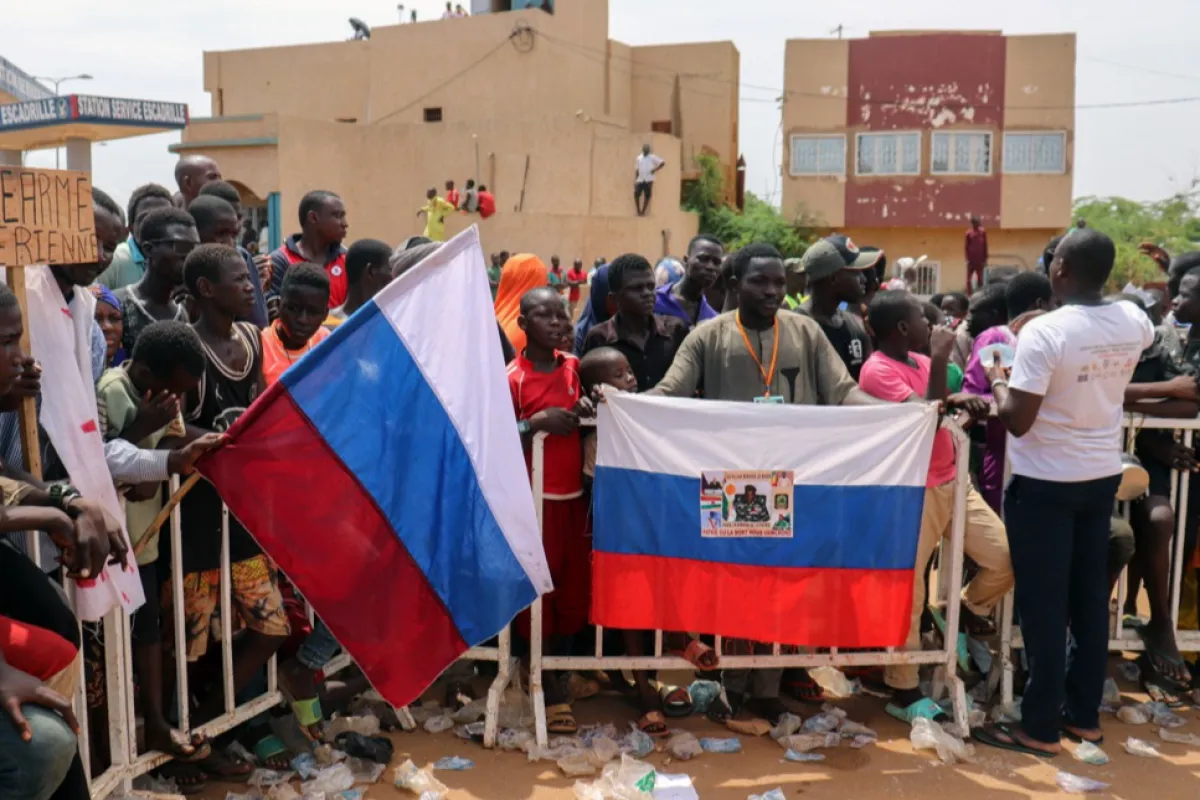
Russia uses Wagner mercenaries to undermine the influence of the West in Africa. The latest country that appears to be leaning towards Moscow is the US's main regional partner, Niger.

Limiting the prerogatives of the Israeli Supreme Court is interpreted by the opposition as a judicial coup. A kind of Ordinance 13, the Hebrew version.

Russian-Chinese relations appear to be flourishing. But Beijing is looking for its own interests: it wants to attract the countries of Central Asia into its orbit and could even aim to recover Outer Manchuria.
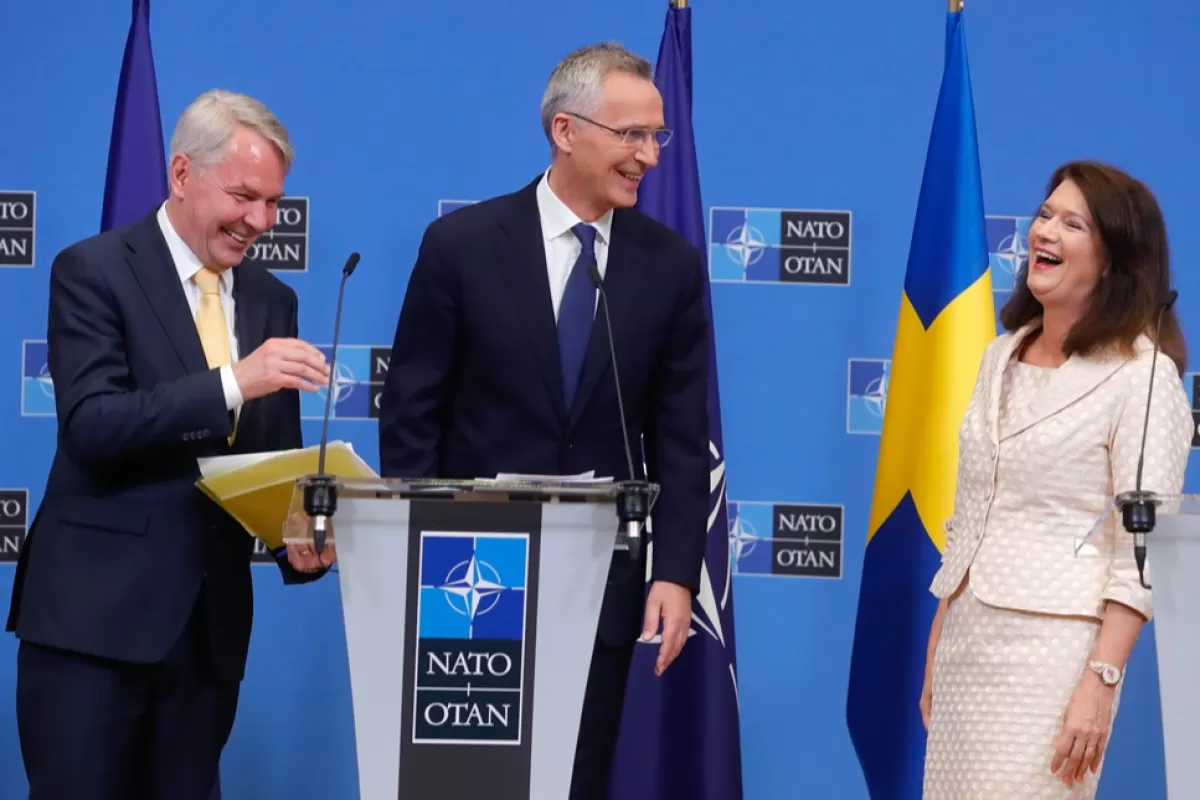
Russia’s aggressiveness in Europe has prompted several countries to renounce their neutrality or to rethink this concept. The question to ask is if the neutrality status is a naïve strand of pacifism or a strategy, which many are now reworking.
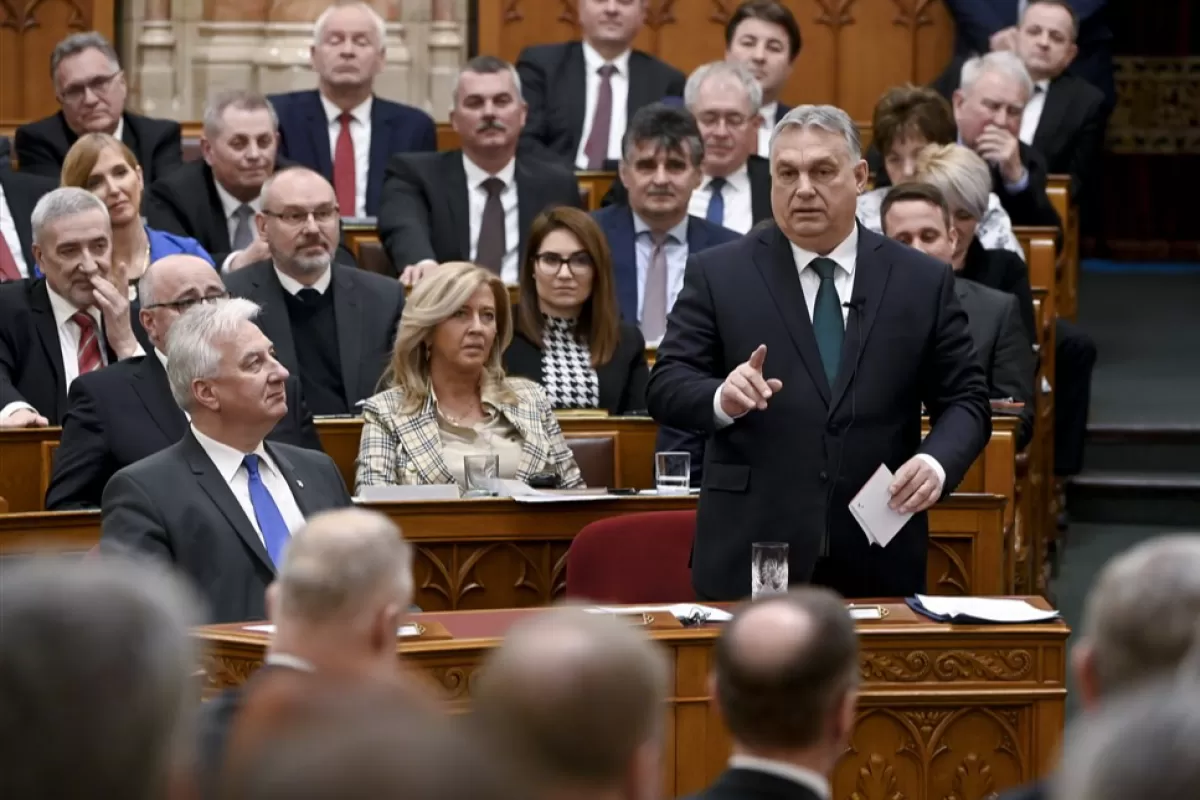
Prime Minister Viktor Orban finds himself in a complicated situation. Politically, he gets increasingly isolated from its Western partners. Hungary's economy is in crisis, and the European funds that could relaunch it have been blocked due to anti-democratic slippages. With all the friendship that Budapest has shown to Russia, there isn’t much Russia can do to help, being itself increasingly affected by Western sanctions. Orban's solution appears to be to block Finland and Sweden's entry into NATO until the EU unlocks funds for Hungary. However, this blackmail policy may have reached its limits.
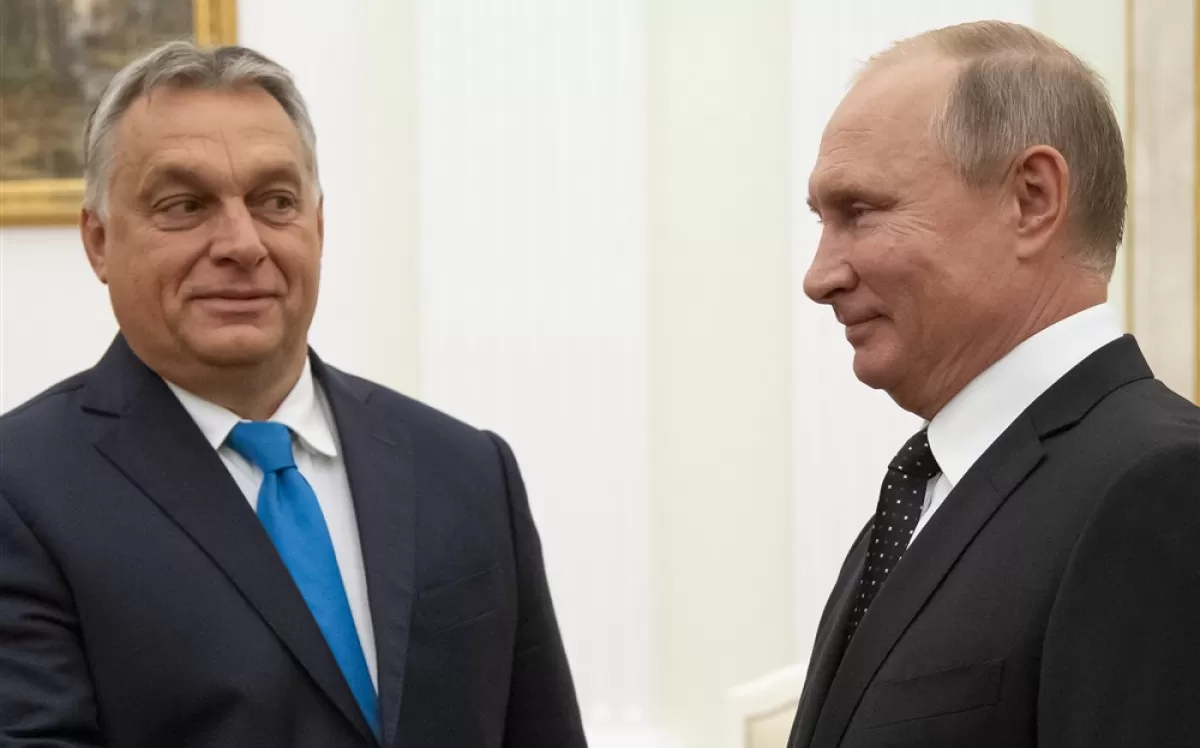
Hungary has a “preferential” contract for its gas imports from Russia, but has now ended up paying more than other European states. Prices for fuel and Diesel have skyrocketed, and inflation has hit the highest mark at EU level. Besides, Budapest’s bypassing European regulations and values has prompted the European Commission to freeze €7 billion worth of EU funds to Hungary. All that spirals into an economic crisis generated, for its most part, by Viktor Orbán’s policies.

The coalition led by Benjamin Netanyahu depends on ultra-nationalist and religious parties, which will wield unprecedented power. Netanyahu finds himself caught between the radical agenda of these parties and the need to strengthen cooperation with the United States and Arab countries - sensitive, at least declaratively, to the interests of the Palestinians - to undermine Iran's nuclear program.

The Chinese authorities have relaxed anti-pandemic measures after a wave of protests over the zero-Covid policy. It is a rare concession from a regime that in recent years has tightened its grip on society and has not hesitated to use its repressive apparatus against the pro-democracy movement in Hong Kong or the Uyghurs in Xinjiang. However, the step back seems to be a tactical one and there are no signs that it could be followed by a political relaxation.
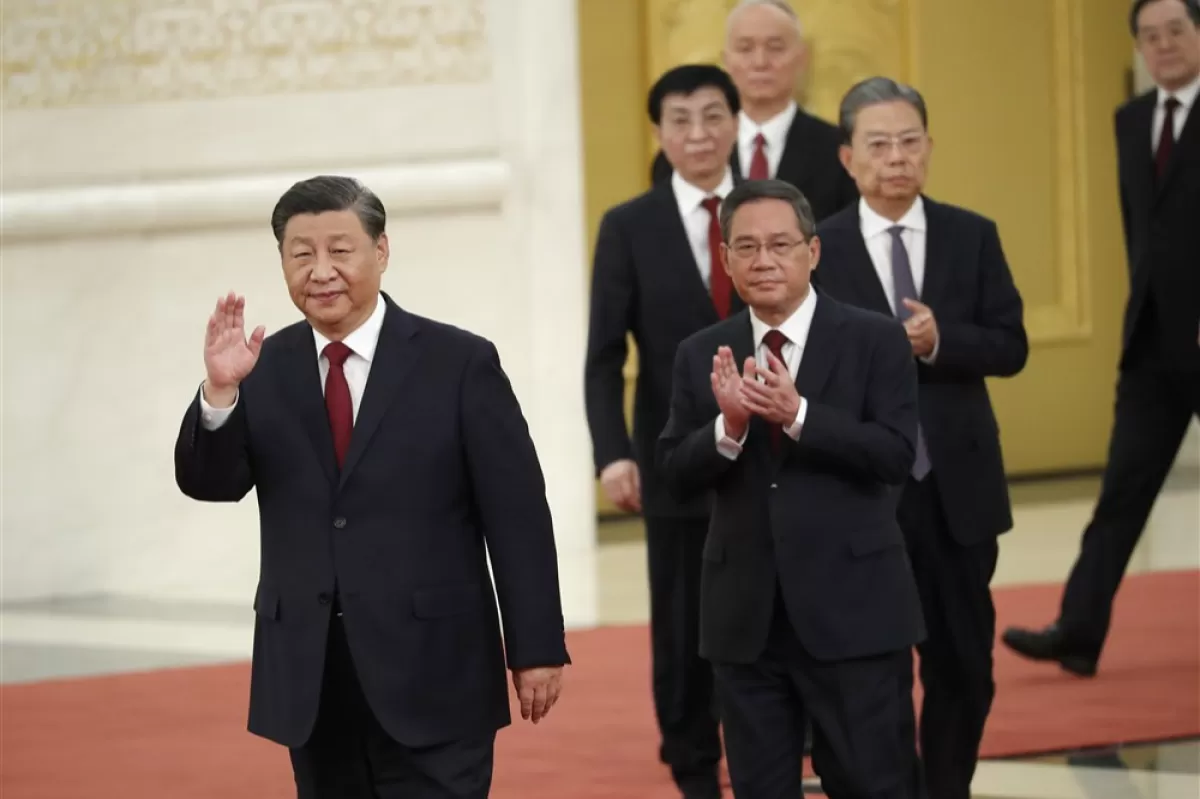
The 20th Congress of the Chinese Communist Party has tightened Xi Jinping’s grip on power in China. Before him, only the founder of the People’s Republic of China, Mao Zedung, had enjoyed such sweeping control over the country. The Xi era will likely go down in history as one of the most repressive regimes at home and most aggressive overseas, compared to the previous three decades of relative liberalization.

The far right has had a remarkable year in a number of European countries, obtaining good results – and actually winning – elections held in countries such as Italy, Sweden, France and Portugal. The rise of the far right was facilitated by a plethora of factors, including demographic changes, major events or crises and Russia’s manipulations. Are we truly headed towards a Europe dominated by the far right, or is there a limit to this growing phenomenon?

Liz Truss is taking over as Prime Minister of the United Kingdom at a time when the country is struggling with multiple crises: the crisis in the energy and healthcare sectors, the crisis generated by Northern Ireland’s post-Brexit standing, and the war in Ukraine. Throughout her political career, Liz Truss stood out through her readiness to radically alter her political views. Her survival as Prime Minister may require her to display some degree of consistency.

Russia doesn’t recognize Kosovo as a sovereign state, but it’s using it to endorse the “independence” of separatist/captured territories in Georgia and Ukraine: Abkhazia, South Ossetia, Crimea and Donbas. Besides, the Serbian enclave in Kosovo, Mitrovica, can be used by Moscow as a genuine outpost on the border with a NATO-protected territory. Just like other “outposts” Putin is relying on in Europe, Mitrovica too can be useful when Moscow wants to get something done or simply wants to distract everyone’s attention – even from a war such as the one in Ukraine.

At the 1997 NATO Summit in Madrid, the Alliance kicked off its eastward enlargement process by integrating ex-communist countries that used this opportunity to make sure they would never again fall under Russia’s control. A quarter of a century later, also in Madrid, the North Atlantic Treaty Organization launched a new strategic concept, taking note of Moscow’s aggressions and threats.